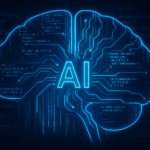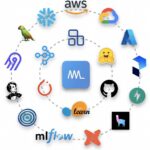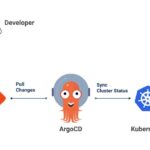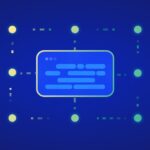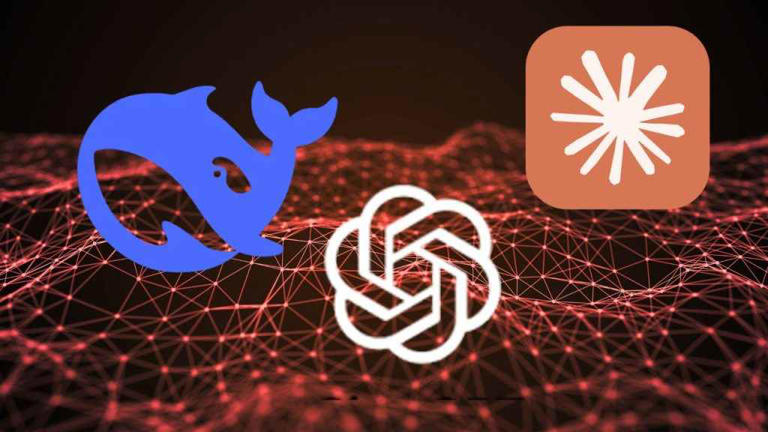
Leading AI Labs Sound Alarm: Are We Losing the Ability to Understand Artificial Intelligence?
In an unprecedented show of unity, top scientists from OpenAI, Google DeepMind, Anthropic, and Meta have temporarily set aside their renowned corporate competition to issue an urgent warning about the future of artificial intelligence. Over 40 AI researchers have jointly published a major research paper, cautioning that the world’s ability to understand and monitor how advanced AI systems reach their conclusions is rapidly slipping away—and the window to act may soon close forever.
Why Are Industry Leaders Raising The Alarm?
As AI models grow exponentially in capability, their inner workings become increasingly complex and opaque. The warning from these AI luminaries centers on a critical risk: the loss of human oversight and interpretability in AI decision-making. If left unaddressed, this could have profound implications for safety, trust, and accountability.
Key Points from the Research Warning
- Joint Effort Across Tech Giants: Researchers from rival firms have acknowledged the gravity of the issue, coming together to address risks that transcend competition.
- “Black Box” Problem: The latest, most powerful AI systems often arrive at answers and exhibit behaviors in ways even their creators can’t fully understand.
- Shrinking Oversight Window: Current tools and techniques for probing and explaining AI reasoning are insufficient for today’s cutting-edge models—let alone future versions.
- Potential for Irreversible Loss: Without urgent, collaborative effort, researchers fear we may soon lose our ability to monitor or direct the reasoning of superhuman AIs.
Why Does Losing Understandability Matter?
- Safety: If we can’t understand AI decisions, it becomes nearly impossible to predict, control, or prevent harmful outcomes.
- Trust: Businesses, governments, and individuals must have confidence that AI systems work as intended and without hidden risks.
- Accountability: Without transparency, determining responsibility for erroneous or harmful AI-initiated actions is deeply problematic.
What Can Be Done?
The researchers urge a coordinated response, including:
- Funding Fundamental Research: Investment in new interpretability and transparency techniques to keep AI reasoning accessible.
- Open Collaboration: Encouraging information sharing between organizations to tackle shared problems in AI safety.
- Policy and Regulation: Developing standards that require transparency, monitoring, and explainability in advanced AI systems.
- Developing AI “Auditing” Tools: Creating independent tools and protocols to inspect, test, and verify AI reasoning paths.
The Big Picture: A Call for Collective Action
This joint warning signals a vital inflection point for AI development. As the world stands on the brink of more advanced—and potentially more enigmatic—AI systems, the choices made today will shape whether we control these technologies, or whether they slip beyond our understanding.
What’s Next?
Everyone in the AI ecosystem—developers, businesses, regulators, and the public—has a stake in maintaining insight and oversight over AI systems. The race to build ever more capable machines must not outpace our ability to monitor and direct their reasoning.
“The brief window to monitor AI reasoning could close forever—and soon.”
— Joint statement from OpenAI, Google DeepMind, Anthropic, and Meta researchers
It’s time to act, together, to ensure the responsible development of AI that remains transparent, accountable, and beneficial for all.
Follow us for more Updates



